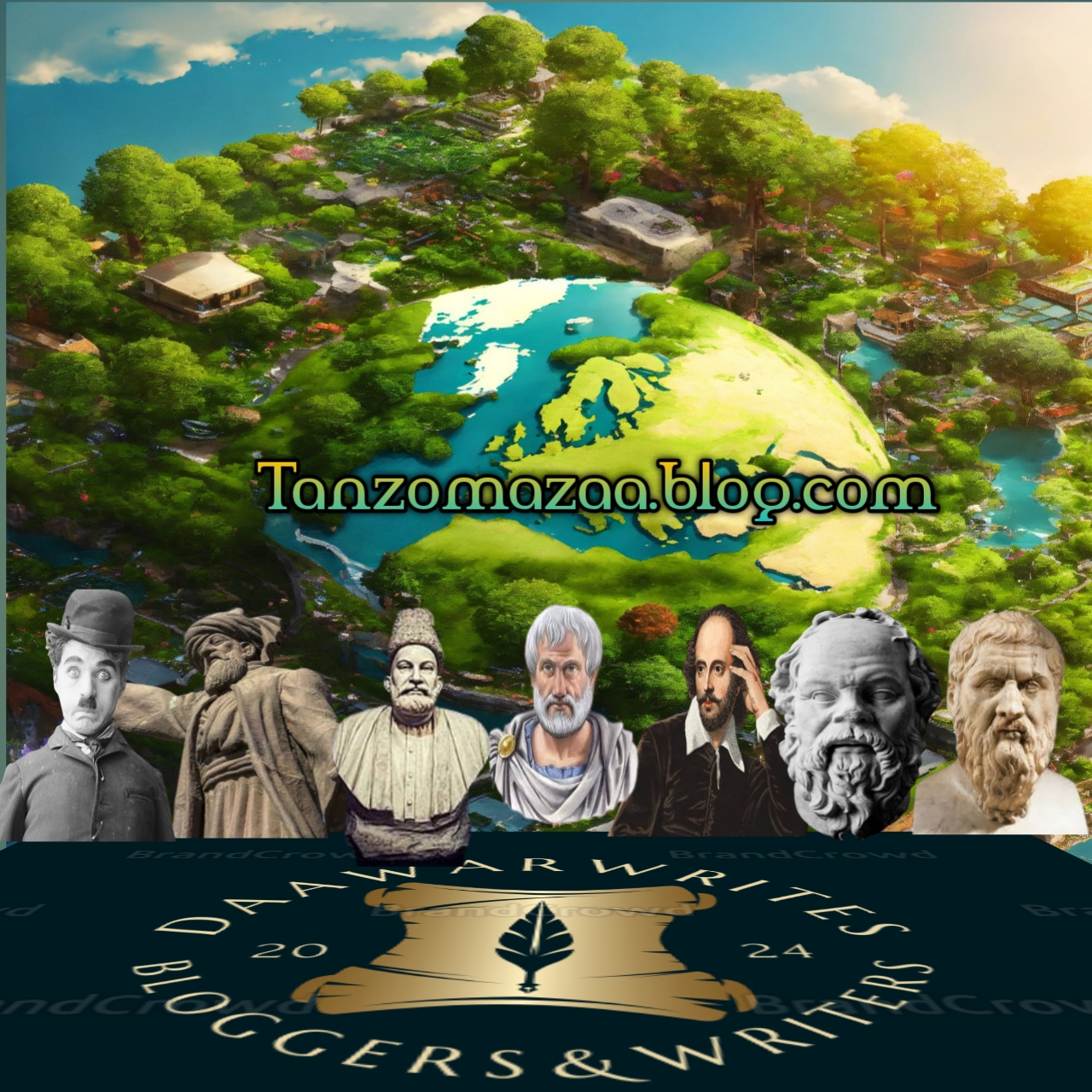Guardians of an Ancient Nomadic Tradition
## Introduction
The Tsaatan tribe, often called the Dukha, is one of the few that still herds reindeer nomads in the old-fashioned manner. These people are isolated, living in the taiga or the forests of northern Mongolia. Throughout hundreds of years, the Tsatan people have preserved their customs. Through this story, you will discover everything there is to know about their traditions, past, and present-day difficulties.https://bcgame.top/i-2648532dk-n/
## The History of the Tsaatan Tribe
### Where They Came From
The Tsaatan tribe's roots go back to tribes from Central Asia that roamed the grasslands long ago. Over time, these tribes moved north, settling in the mountains and forests we now know as Mongolia and Russia. It was here they started herding reindeer, as that helped them survive in the harsh taiga.
### How Their Culture Grew
As the Tsaatan made the taiga their home, a unique way of life grew around their reindeer. Unlike others who relied on horses or camels, everything for the Tsaatan—how they live, their beliefs, and how their community works—became tied to the reindeer herds. Generation after generation, this bond has shaped who they are.https://amzn.to/3zREKqI
## The Tsaatan Way of Life
### Life on the Move
The Tsaatan's nomadic lifestyle follows where the reindeer need to go. They migrate several times a year between summer and winter spots so their herds can eat fresh plants. Always being on the move has taught them a lot about the taiga ecosystem and respect for nature.
### Reindeer Are Family
Reindeer are at the heart of Tsaatan culture. They provide transportation, milk, meat, and fur—everything the tribe needs to survive! The Tsaatan use old-fashioned ways to care for their herds, like milking by hand and making special saddles. Passing these skills down keeps their practices alive.
### Beliefs Connected to the Land
Spiritual beliefs for the Tsaatan are deeply tied to their surroundings and reindeer. Shamans are revered in their society for their ability to act as a bridge between the material and spiritual worlds. Rituals and rites that pay homage to the soil, animals, and ancestors reinforce the tribe's bond with the taiga.
## Challenges for the Future
### Changes Bring Risks
The modern world brings challenges that threaten Tsaatan traditions. Kids now leave to study, work, and live in cities. This "brain drain" endangers their old ways of life.
### Nature and Climate Change
Environmental problems like warming weather and less grazing space impact reindeer health. Cutting forests and mining also disrupt the delicate taiga balance.
### Laws and Land Issues
Nomadic life often clashes with rules and land ownership. Ensuring the Taatan's rights over resources and cultural heritage requires local and global support.
## Efforts to Keep Culture Alive
### Preserving Knowledge
Projects document Tsaatan wisdom, back sustainable reindeer care, and spread cultural pride. This empowers people to stick to their heritage.
### Tourism with Purpose
Ecotourism creates income while sharing Tsaatan culture. But too many visitors could damage traditions—balance is key.
## In Conclusion
The Tsaatan's strength and connection to reindeer, despite challenges, show their culture's power. Understanding and respecting their way of life contributes to protecting this rare nomadic group.
## FAQs
### 1. Who are the Tsaatan?
The Tsaatan, also called the Dukha, are Mongolia's nomadic reindeer herders living in the taiga forests.
### 2. Why are reindeer so important?
Reindeer provide everything—transport, food, clothing. The Tsaatan way of life revolves around their herds.
### 3. What issues do the Tsaatan face?
Modern pressures, climate change effects, land rights problems, and losing connections to traditions.
### 4. How do people preserve the culture?
By documenting skills, sustainable projects, and responsible tourism that respects their customs.
### 5. How can I learn more?
Read about them, watch documentaries, or visit through eco-friendly programs to experience their world firsthand.






0 Comments